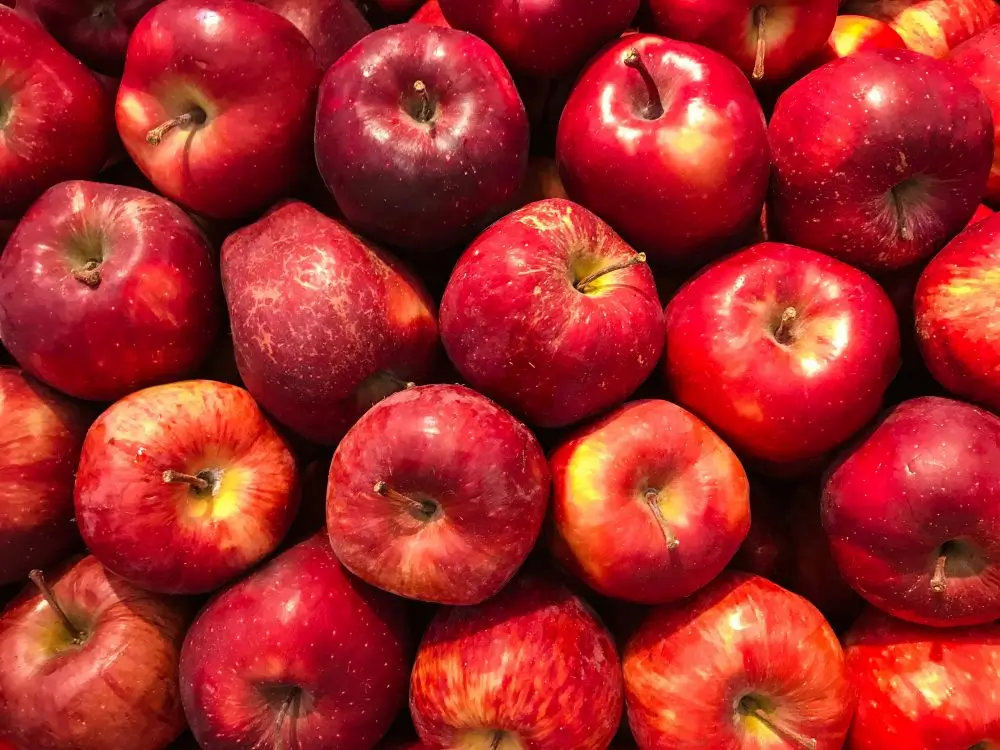
Germany’s fruit growers are expecting an excellent apple harvest this year, marking the first time since 2022 that production is forecast to exceed one million tons. According to a first estimate released by the Federal Statistical Office (Destatis), apple orchards across the country are set to yield around 1.009 million tons in 2025, a 15.7% increase compared to last year’s disappointing crop of 872,000 tons.
Officials say the positive forecast is due to favorable spring weather. Mild temperatures during the blossoming season, coupled with the absence of major frost and hail events in most growing regions, created optimal conditions for fruit development.
Apples remain by far the most widely cultivated fruit in Germany. In 2025, they are being grown on a total of 32,700 hectares nationwide. The two largest producing states, Baden-Württemberg and Lower Saxony, continue to dominate apple cultivation.
Together, these two regions account for more than 61% of the total apple-growing area and nearly 69% of Germany’s overall apple harvest.
The forecast also puts this year’s crop 3.9% higher than the 10-year average of 970,500 tons, highlighting how significantly 2025 is shaping up compared to long-term trends.
While apples take the spotlight, plums and damsons are also showing promising results. Growers expect 44,500 tons, about 1.6% more than the long-term average of 43,800 tons.
Regional variations, however, are striking. In Baden-Württemberg, production is estimated at 17,200 tons, nearly a third less than last year’s bumper crop of 25,600 tons. By contrast, Rhineland-Palatinate is set for a rebound, with harvests projected to jump almost 46.5% compared to 2024, reaching around 11,000 tons. These fluctuations underline how regional weather patterns and local growing conditions shape annual yields.
Across Germany, plums and damsons are cultivated on 4,100 hectares, with the largest orchards located in Baden-Württemberg and Rhineland-Palatinate.
The strong 2025 forecast is welcome news for both growers and consumers after recent years of mixed results. For farmers, higher yields could offset the financial pressures caused by weather-related losses in previous seasons. For consumers, the larger harvest may translate into more abundant supplies of domestic apples in supermarkets and potentially more stable prices.
Experts say that Germany’s ability to sustain such production levels also reinforces its reputation as one of Europe’s leading apple producers. As demand for locally grown, high-quality fruit continues to rise, 2025 could mark a turning point for the country’s fruit-growing industry.